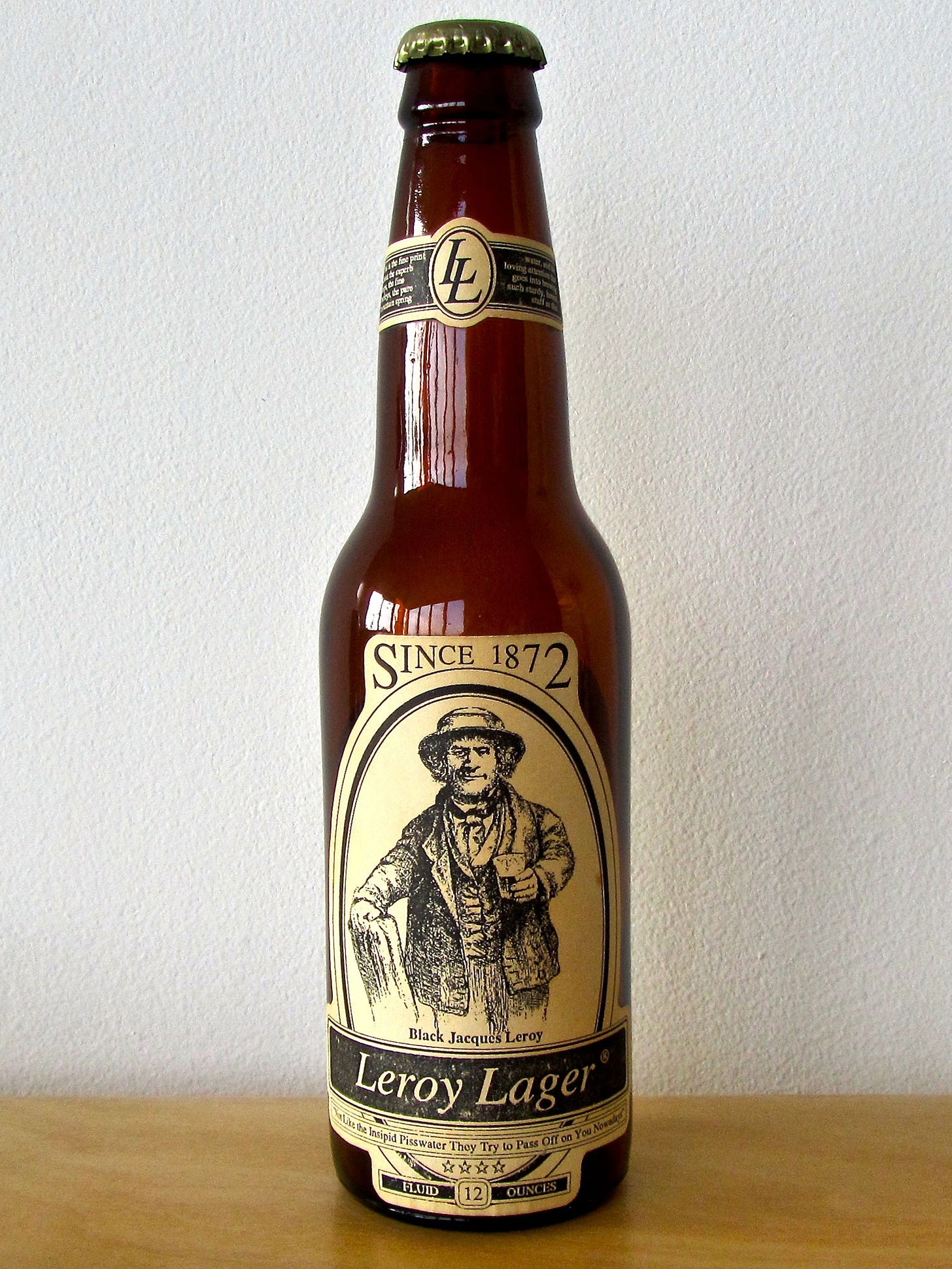226: What quality was it ...
Little Follies, “The Young Tars,” Chapter 12
12
WHAT QUALITY was it that made me resist Mr. Summers’s order to abandon my perfectionism? Stubbornness? I suppose it was, at least in part. Pride? Certainly. I was proud of my role, responsibilities, and accomplishments as Scribe of the Tars, and I resisted Mr. Summers’s efforts to alter my definition of the job and its standards. Rebellion? Sure. My resistance probably marked the first grumblings of incipient adolescent insubordination. More than any of these, though, perfectionism itself made me resist Mr. Summers. Mr. Summers was sloppy and headstrong; there was about him and the organization he had created a messiness that I couldn’t tolerate. The Tars were not a shipshape outfit.
Perhaps perfectionism is a real human trait, genetically transferred, not a habit, not something learned. Perhaps it’s a Leroy family trait, one of those that skips generations. Certainly there are similarities between perfectionism and the qualities I admired in my great-great-grandfather, Black Jacques Leroy—his dedication to his dreams, his persistence in making them come true, qualities he demonstrated in developing and producing what may have been the best beer ever brewed, the legendary Leroy Lager, the beer that Emily Dickinson praised, in a generous gesture of self-parody, in a poem she sent to Black Jacques for publication on one of his labels:
I taste a Lager better brewed—
From Tankards scooped in Pearl—
Than all the Vats upon the Rhine
Might offer this New England Girl!
Inebriate of Lager, I—
And Debauchee of Pilsner, too—
Reel—from Inn to Tavern—aye—
In search of Black Jacques’s perfect Brew—
It is still a strong attribute of my character, but I’m not now the perfectionist I was in my Tars days. As I’ve aged, my increasing awareness of the fact that the number of days left to me is decreasing has worked against my perfectionism. So has my increasing awareness that many people find perfectionists annoying, a lesson I probably should have learned from the groans of the Tars each time I began passing out a revision of the manual. However, at the time when I was Scribe of the Tars, I was so much a perfectionist that I began rewriting the log.
[to be continued on Wednesday, March 30, 2022]
You can listen to this episode on the Personal History podcast.
In Topical Guide 160, Mark Dorset considers Traits, of Character, of Personality: Perfectionism and Allusions, Literary from this episode.
Have you missed an episode or two or several?
You can begin reading at the beginning or you can catch up by visiting the archive or consulting the index to the Topical Guide.
You can listen to the episodes on the Personal History podcast. Begin at the beginning or scroll through the episodes to find what you’ve missed.
You can ensure that you never miss a future issue by getting a free subscription. (You can help support the work by choosing a paid subscription instead.)
At Apple Books you can download free eBooks of “My Mother Takes a Tumble,” “Do Clams Bite?,” “Life on the Bolotomy,” “The Static of the Spheres,” “The Fox and the Clam,” “The Girl with the White Fur Muff,” “Take the Long Way Home,” and “Call Me Larry,” the first eight novellas in Little Follies.
You’ll find an overview of the entire work in An Introduction to The Personal History, Adventures, Experiences & Observations of Peter Leroy. It’s a pdf document.




